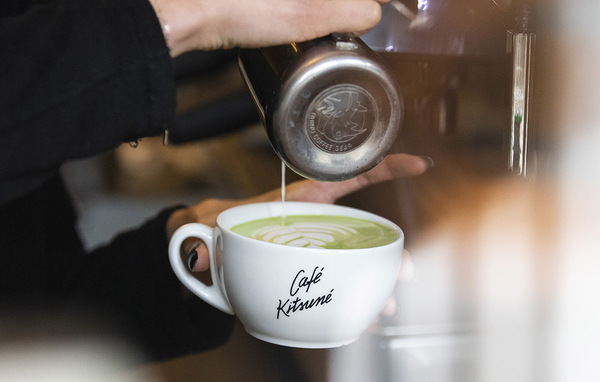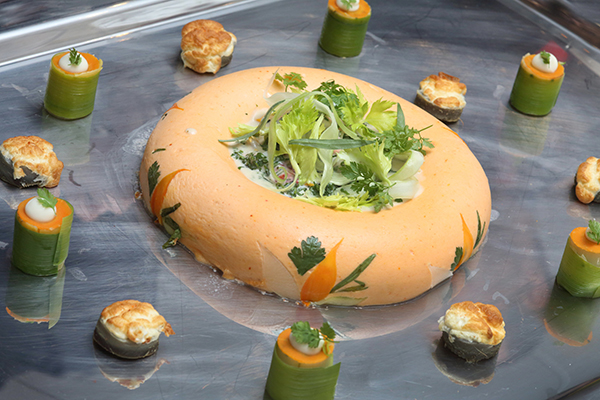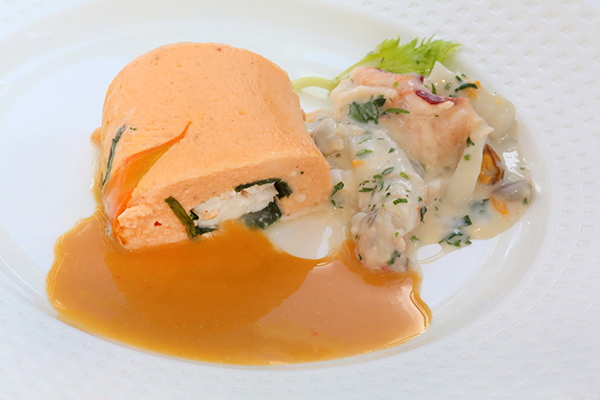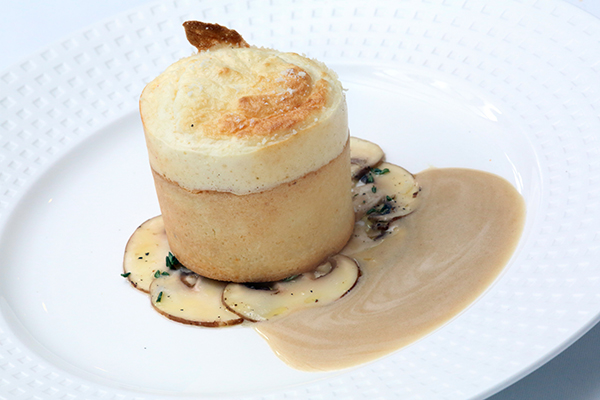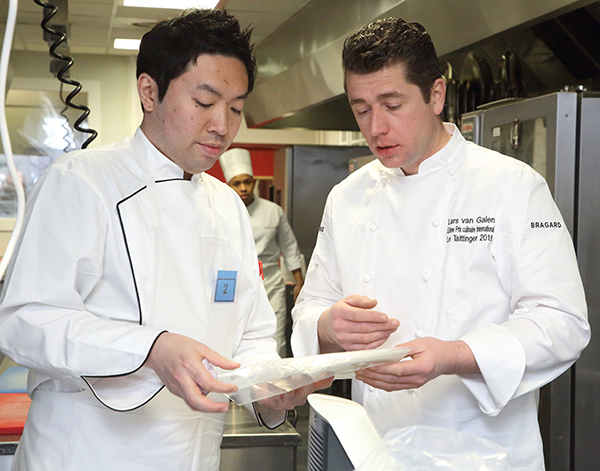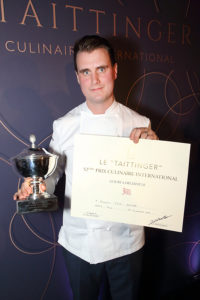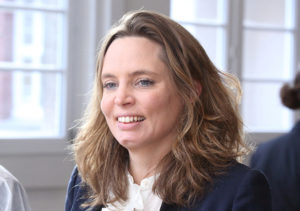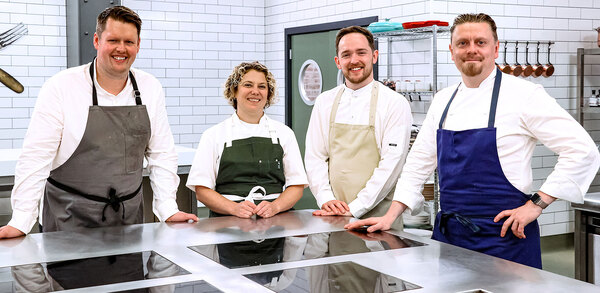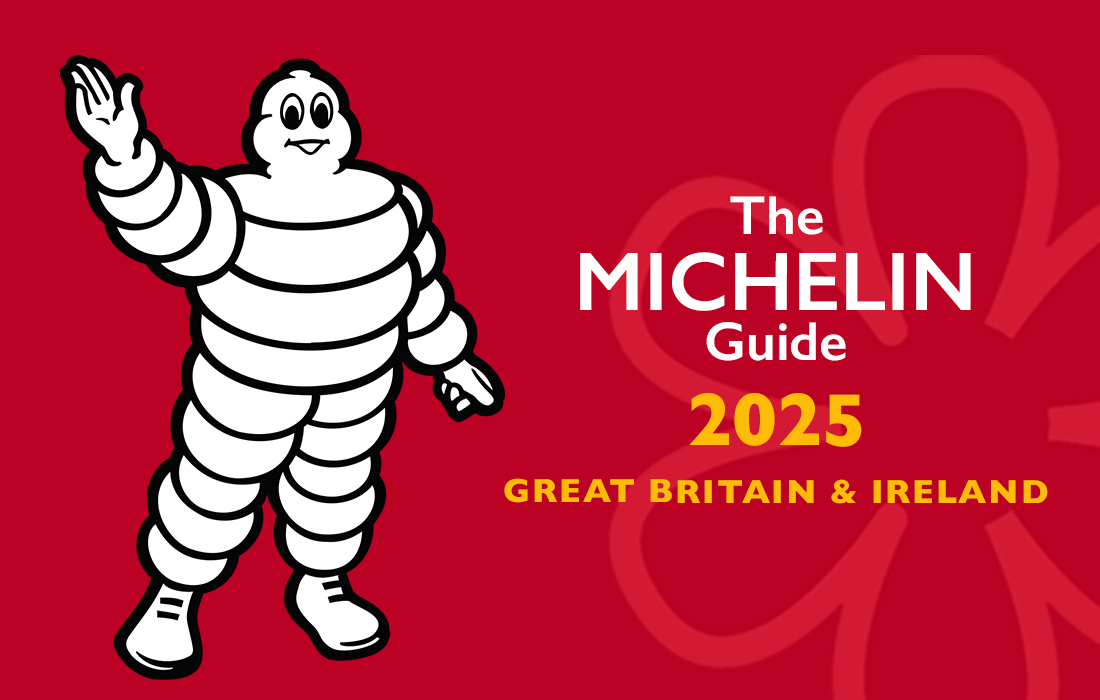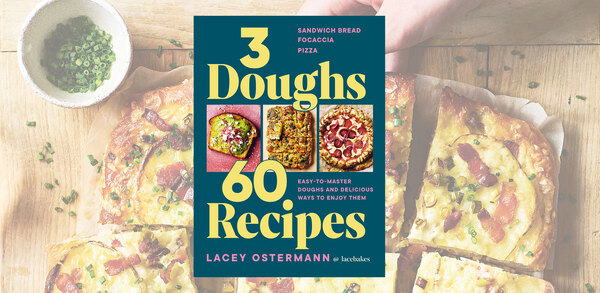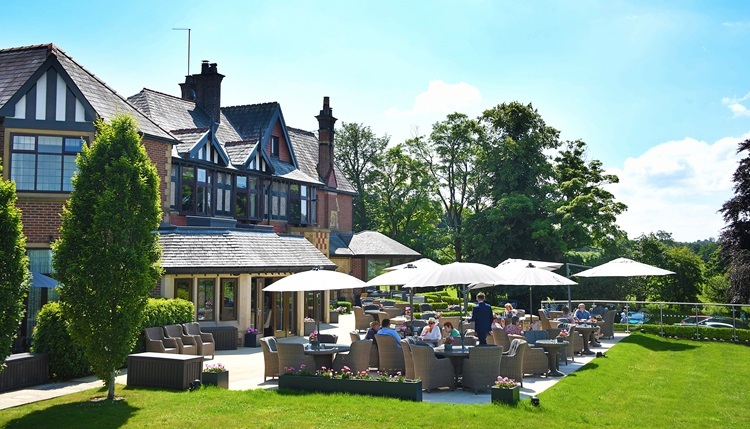Sole survivor: Tom Scade on the Taittinger Prixe Culinaire finals
The Ritz London's Tom Scade grabbed a podium position at this year's Taittinger Prix Culinaire after a tense final in the French capital. Vincent Wood reports on how the daunting chef competition, the ‘Everest of cuisine', unfolded on the day
In a function room in one of Paris' most prestigious cookery schools, Michel Roux Jr; former Catey chef of the year Brian Turner; and Tom Scade, sous chef at the Ritz London, are waiting for a fish. It is the night before the grand final of the Taittinger Prix Culinaire competition, and the core ingredient for Scade's main is about to be revealed.
The 2018 competition is as much a path to redemption as it is one of prestige for Scade. His involvement in the 2017 final, by his own volition, did not go well for him (while only the top ranks are revealed, he thinks he probably came in last out of eight contenders) but beyond his personal ambitions is a national one; no British chef has ever come out on top in the competition, dubbed the Everest of cuisine.
The elite club
Prix Culinaire was established by Claude Tattinger in 1966, and the competition is still run by the Tattinger family, owners of the world-famous Champagne brand. It focuses on classical French techniques and is made up of national heats, followed by the international final.
Previous winners include Joel Robuchon, Amandine Chaignot and Jonathan Zandbergen. The UK only recently returned to the fray after taking a decade-long break from competing following 49 years with little success. In 2015 British competitors were reintroduced by Michel Roux Jr, the chef-proprietor of two-Michelin-starred Le Gavroche in London, who approached the Tattinger Prix Culinaire with a sole mission; to knock the French off their perch.
This year's brief is a classic starter based on an egg; and a turban of sole, accompanied by garnish including a souffle topped with artichoke. Scade's task begins at 6.15am (5.15am UK time) just a few hours after the reveal of the main ingredient and the long meal for the finalists that followed it.
After drawing lots, it is decided that he will start first (while some are superstitious about being the first dish onto the pass, Scade is indifferent), and he gets to work. The dishes are well practiced, but there is plenty that is alien to the chef. It is his first time working with his commis, provided by the Ferrandi cookery school. The kitchen is impeccably equipped, but he has been cooking on induction hobs for the best part of two years and now must adapt to working on gas. The pressure of the competition itself is one thing, but quite another when he is being closely watched from the other side of his station by former winners, who are marking him on technique.
Scade's starter, a Parmesan souffle tart with poached hen's egg and ceps, is well received. So well, in fact, that the Meilleur Ouvrier de France recipient Pierre Orsi eats most of his before the servers have time to sauce it. As the judges slice into the dish, the yolk holds its form, perfectly cooked in the centre of the light soufflé, before it begins to run onto the plate. The chef's turban of sole follows - flawlessly smooth and containing a ballotine of the fish.
The competitors' dishes are all remarkably different, even in the presentation of the turban, with its precise brief and style of delivery. Scade has his misgivings, his sauce was perhaps a bit thin, some food was burnt and thrown out in the cooking process, potentially losing him points, but he knows he has done well. Roux Jr, who is also judging, is certain he has put in a top three performance.
That evening he is proven right. After some fairly lengthy speeches, the names are read out. Scade has come in third, beaten only by Kenichiro Sekiya of L'Atelier de Joel Robuchon in Tokyo and Antony Maillet of Switzerland in second place. "It is a brilliant achievement," Roux Jr says of Scade. "There could only have been a few points between them."
But it is a bittersweet victory for the Ritz London chef, who has been building up to this moment for the past three weeks, working in-between shifts. Even Michel Roux Sr fell at the final hurdle in the competition, coming second, but Scade is clearly annoyed he could not push higher into the rankings.
"Coming into today, I would have been happy with third," he says. "After last year, third is good. But those few little mistakes threw me, I guess."
Legacy runs through everything at the competition: from the family behind the Champagne to the food, which reaches back to classical techniques and traditions, and also the competitors who can call on titans of the industry to mentor them, as well as the winners who join the ranks of culinary history.
It can be seen in the winner, Sekiya, who was asked to compete by Robuchon before the world's most Michelin-starred chef died earlier this year. And it's a legacy of which Scade is now firmly a part.
"You can't train for the pressure, and it is different," he says. "When you come away and get third, you feel a bit flat, but when it all dies down, you've got to be proud of what you've done."
Changes ahead for Taittinger
For every classic competition there is a looming existential question;" is it time to modernise? The answer at Prix Culinaire appears to be yes, with the competition considering opening up to more cultures and techniques.
"We are thinking about changing a little bit," says Vitalie Taittinger, artistic director of the brand. "Because, of course, times are changing and gastronomy is changing too. So I think that next year we will start maybe to work to organise it differently, to be more open to other cultures and also to allow a little bit more creativity for the chefs."
She adds that next year';s competition is likely to be a little bit more modern, a little bit less restrictive.


